The Lord of the Rings series is obviously a fantastic piece of cinema, but it doesn't quite scratch that Tolkien itch. Peter Jackson and his team took some liberties from the source material, mainly to craft a better "movie." And that's totally fine - it obviously got the job done. But as an adaptation of Tolkien's iconic work, it falls a bit short.
As is often the case with movie adaptations, The Lord of the Rings cuts out quite a bit of material from the source novels. These are ten things that movie viewers may not have known about Minas Tirith.
10 It Was Built By Númenóreans
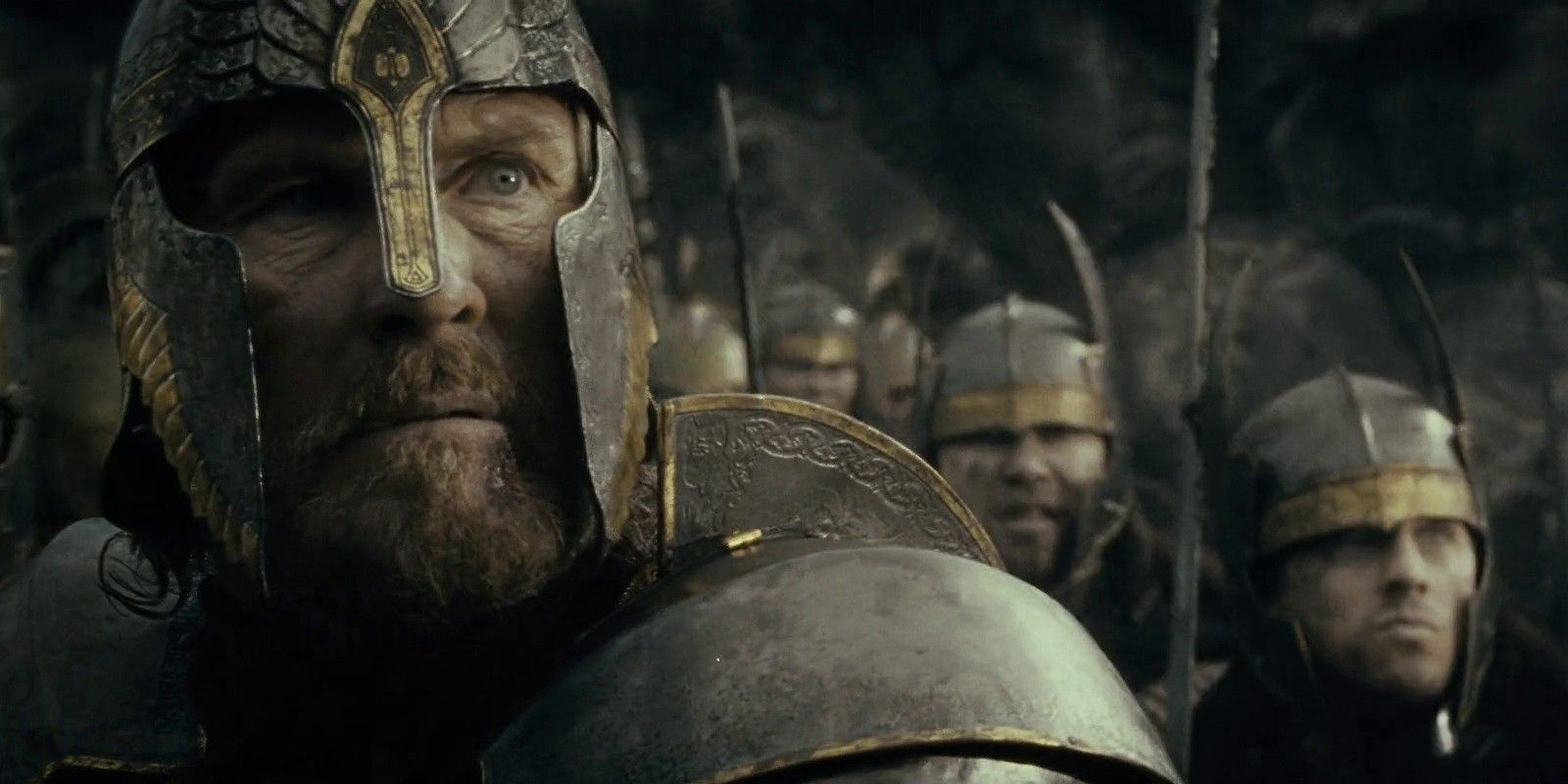
In Tolkien's lore, the Númenóreans were a noble race of men from the First Age who hailed from their own private island called Númenor. Unfortunately, the Númenóreans eventually incited the anger of the Gods, and their island was struck down and sank to the bottom of the sea.
Only Elendil, his sons, and his followers were warned beforehand, and they sailed to Middle-earth. Upon arriving, they built Minas Tirith, then known as Minas Anor, to defend their land against the Men of the White Mountains.
9 It Was Paired With Minas Morgul
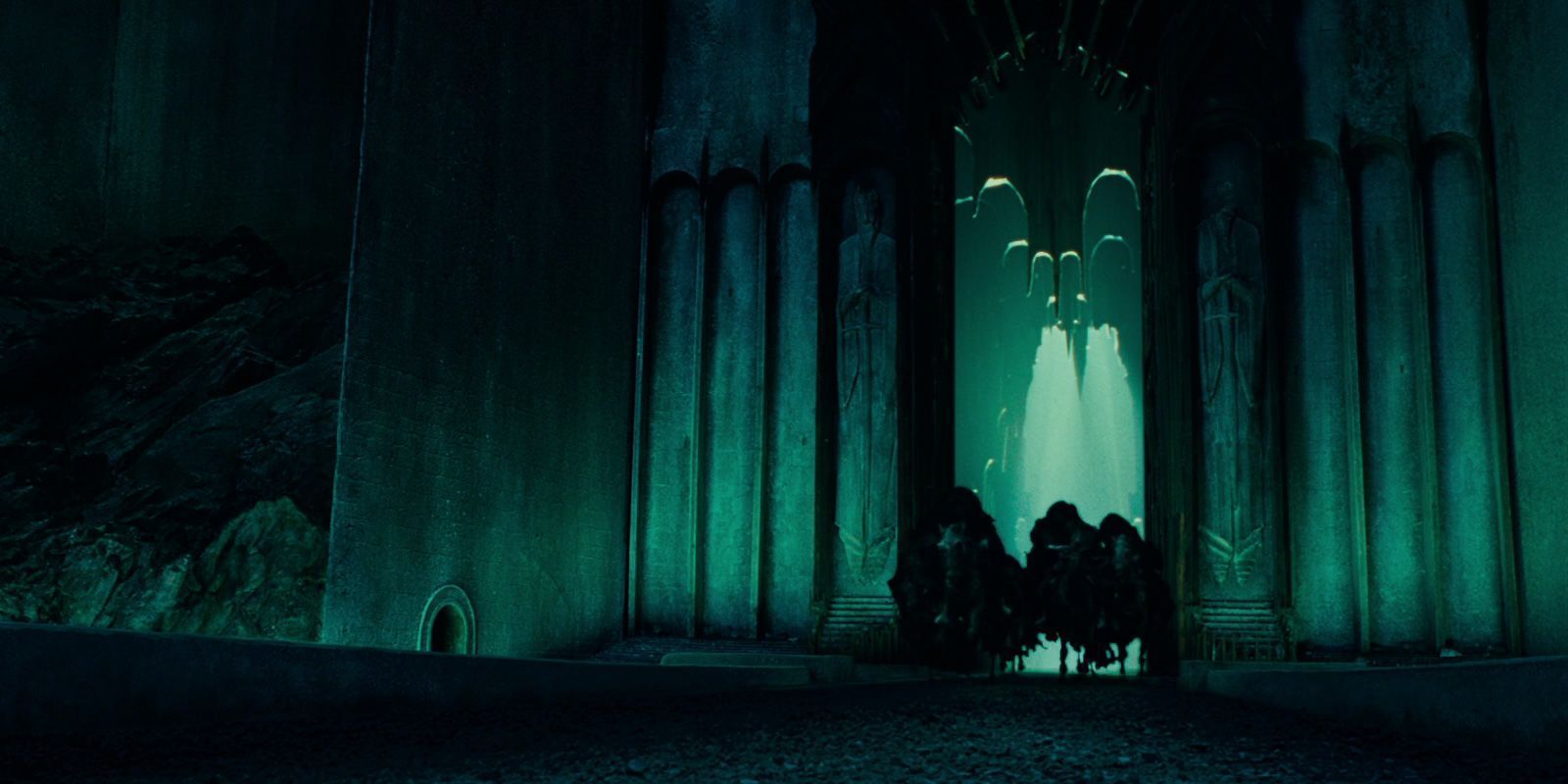
It's not just a coincidence that both Minas Tirith and Minas Morgul share the same name. They were actually built around the same time and for very similar reasons. Minas Tirith, as mentioned, was built to protect against the Men of the White Mountains, and it served as the ancestral home of the House of Anárion.
Minas Morgul (or Minas Ithil as it was then called) was built to defend against the dark forces of Mordor, and it was taken by the House of Isildur - Anárion's brother. Unfortunately, Minas Ithil was eventually taken over by Mordor and became Minas Morgul.
8 Minas Anor Means Tower Of The Sun
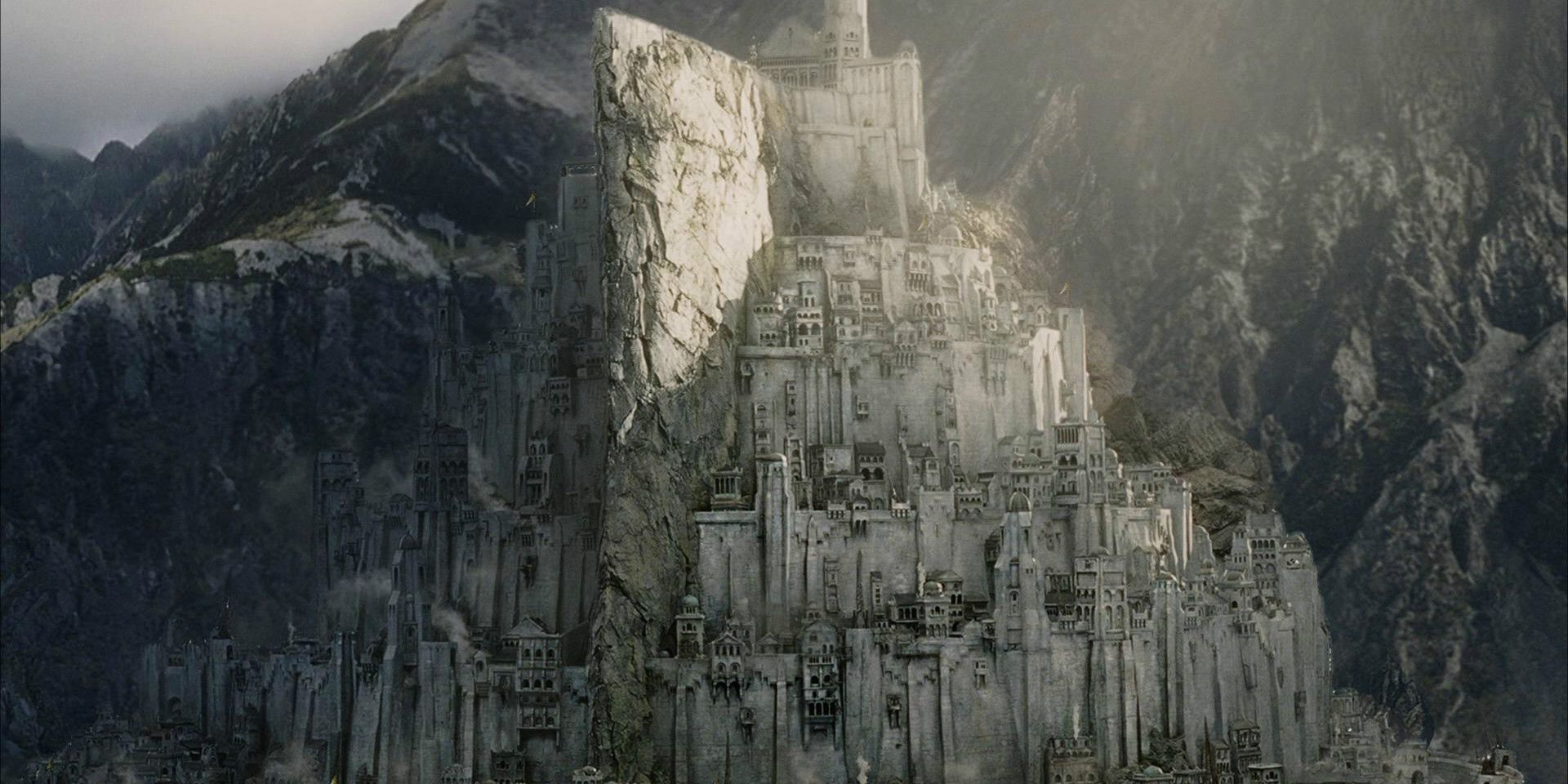
Tolkien was so expansive with his world-building that he essentially created his own language. As such, Minas Anor is not just some fancy, fantastical sounding name - it's actually a name rooted in Tolkien's made-up language.
Before being named Minas Tirith, the city was known as Minas Anor, which means "tower of the sun" in Tolkien's Elvish (or "tower of the setting sun" depending on the translation). Similarily, Minas Ithil is known as "Tower of the Moon" (or, again, "Tower of the Rising Moon").
7 The City Was Rebuilt In TA 420
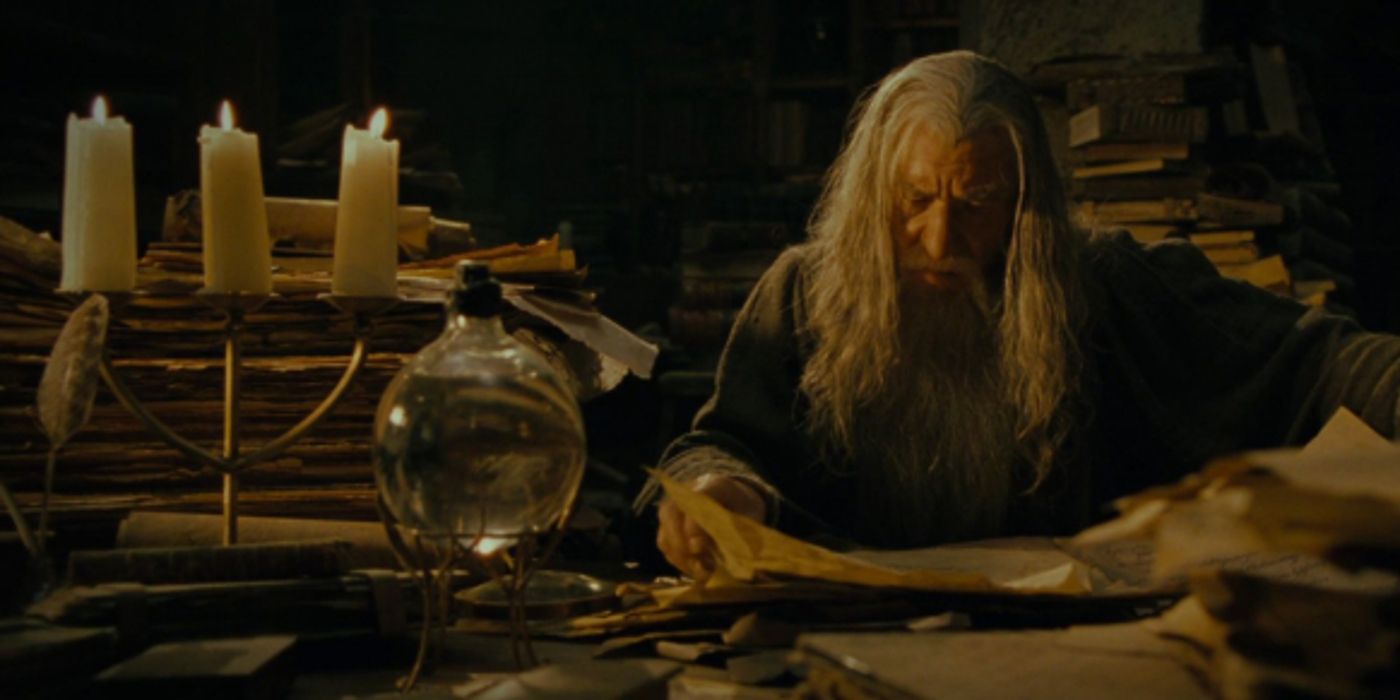
Minas Ithil was captured in the year 3429 of the Second Age, and it subsequently became a contested hot spot throughout the War of the Last Alliance.
Unfortunately, the city was mostly demolished throughout the war, forcing its reconstruction. Following the War of the Last Alliance, Middle-earth entered into its Third Age (TA) and King Ostoher moved his summer residence from nearby Osgiliath (then the nation's capital) to Minas Anor. Beginning in TA 420, the city was rebuilt under King Ostoher.
6 Made The Capital In TA 1640
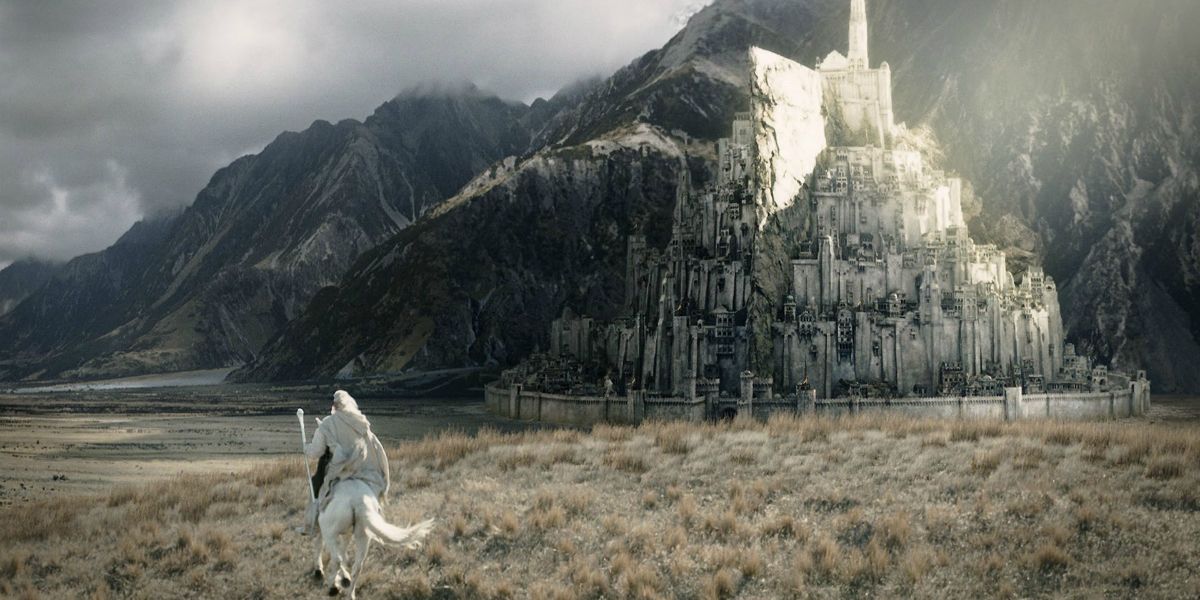
For over a century, Osgiliath remained the capital of Gondor. However, war and pestilence wreaked havoc on the city, and it gradually fell into ruin. A Great Plague ravaged Middle-earth in TA 1636, effectively crippling an already weakened Osgiliath.
As the plague killed most of his relatives, young Tarondor moved into power and became the 27th King of Gondor. Realizing that Osgiliath was on a decline, he moved the King's House to nearby Minas Anor, which in turn became the capital of Gondor.
5 Its Name Was Changed Following The Taking Of Minas Ithil
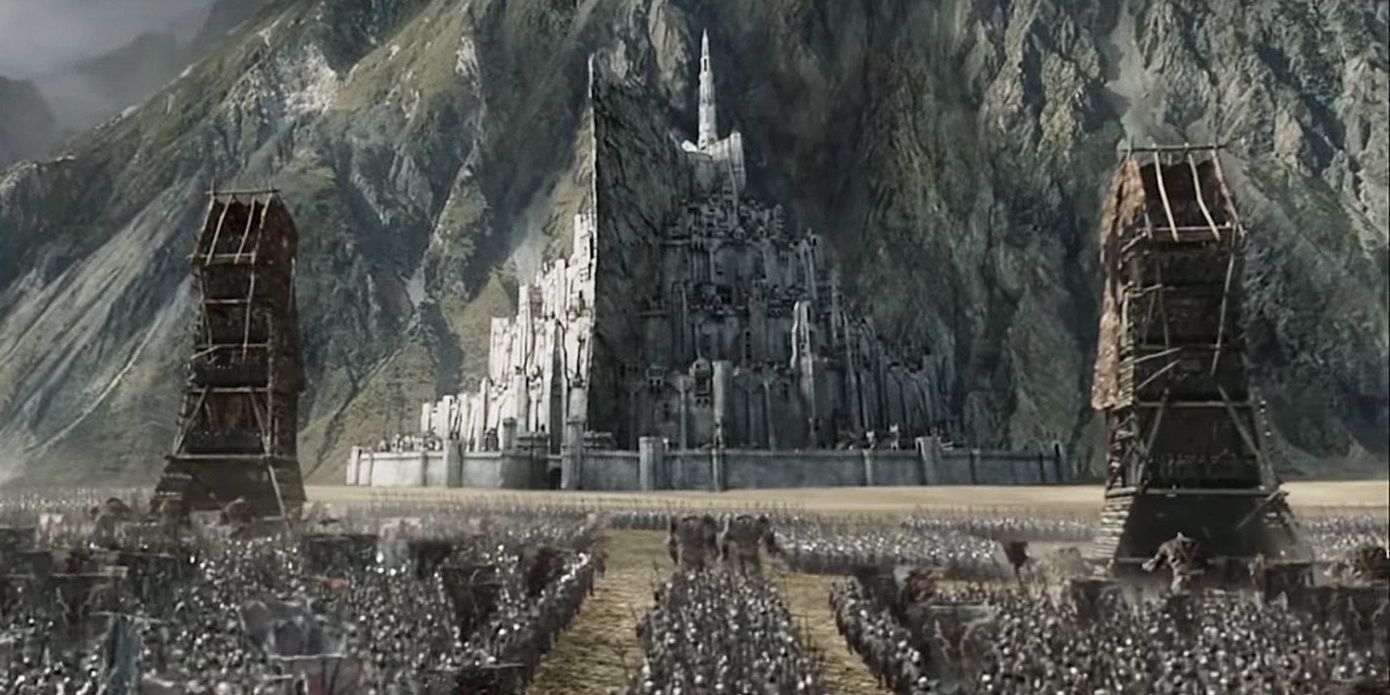
In TA 2002, Minas Ithil was taken over by the forces of Mordor and renamed Minas Morgul. It became a city of incredible darkness under the Ringwraiths and a powerful force and source of evil for Sauron and Mordor.
Minas Anor remained standing as the capital of Gondor, and its name was subsequently changed to reflect its newfound importance as a beacon of protection and safety against Mordor. Its name changed from Minas Anor to Minas Tirith, meaning "Tower of the Guard."
4 It Contains Farms And Suburbs
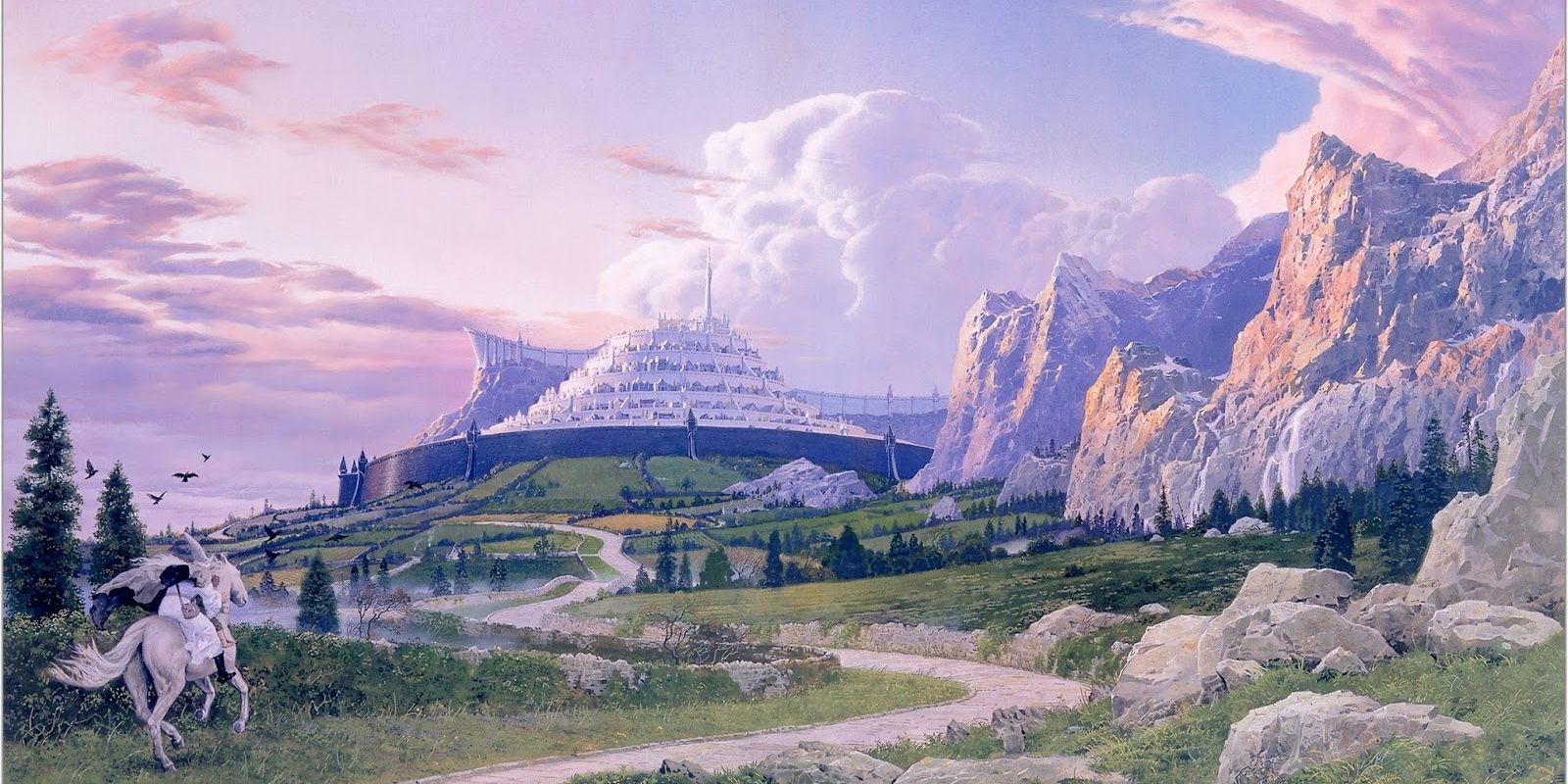
A major detraction from the films is the physical appearance of Minas Tirith. In the films, the city is portrayed as a stone metropolis carved out of the mountain in a barren wasteland.
However, it's portrayed far more realistically in the novel. Essentially, the Minas Tirith that we see in the film is the "downtown core" of the surrounding metropolis. In the novels, Minas Tirith is surrounded by farms (the Pelennor Fields), "suburbs," and even a giant wall called the Rammas Echor encircling the city as a form of protection.
3 The White Tower Of Ecthelion
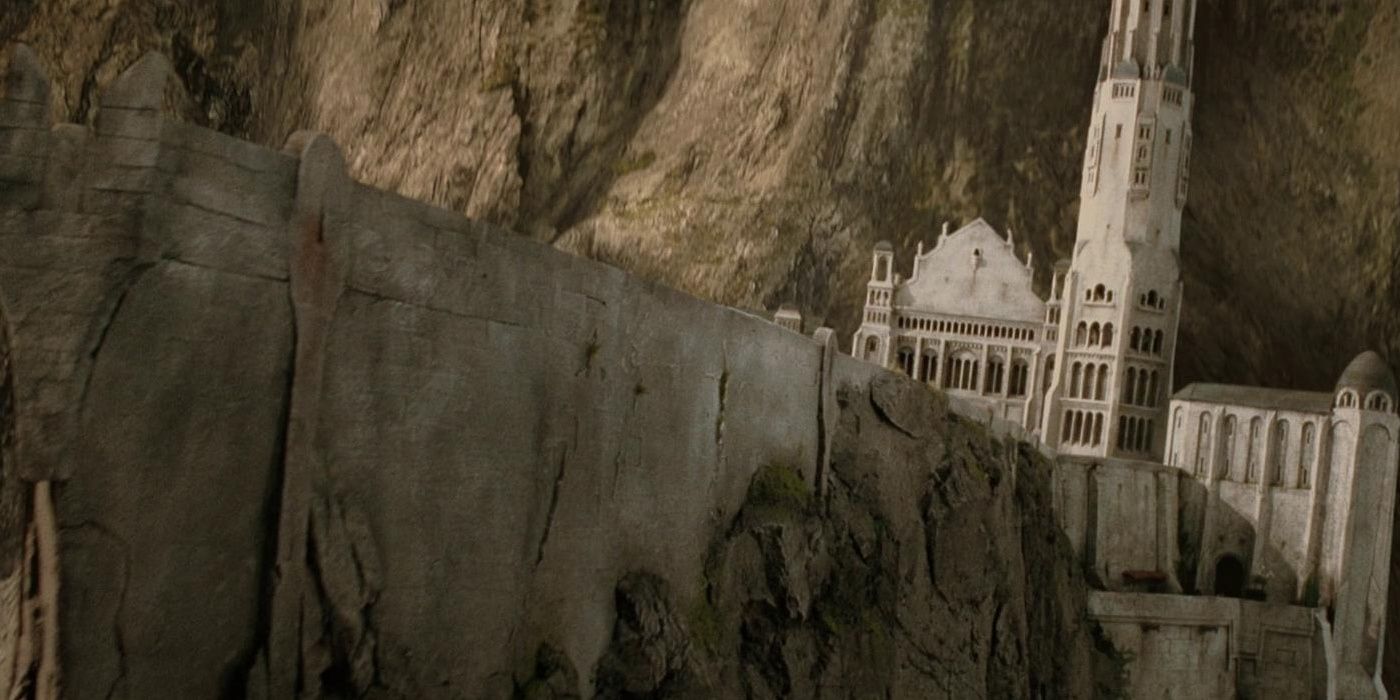
The White Tower is glimpsed in the movies, although no further details regarding its history are established. The tower was built in TA 1900, following its claim as the capital of Gondor and just before Minas Ithil was taken over by the forces of Mordor.
It was built to house the palantír of Minas Tirith - a "seeing stone" that was used as an effective form of communication throughout Middle-earth. King Denethor would later use this palantír to "spy" on Mordor, and it corrupted his mind to madness.
2 The White Tree
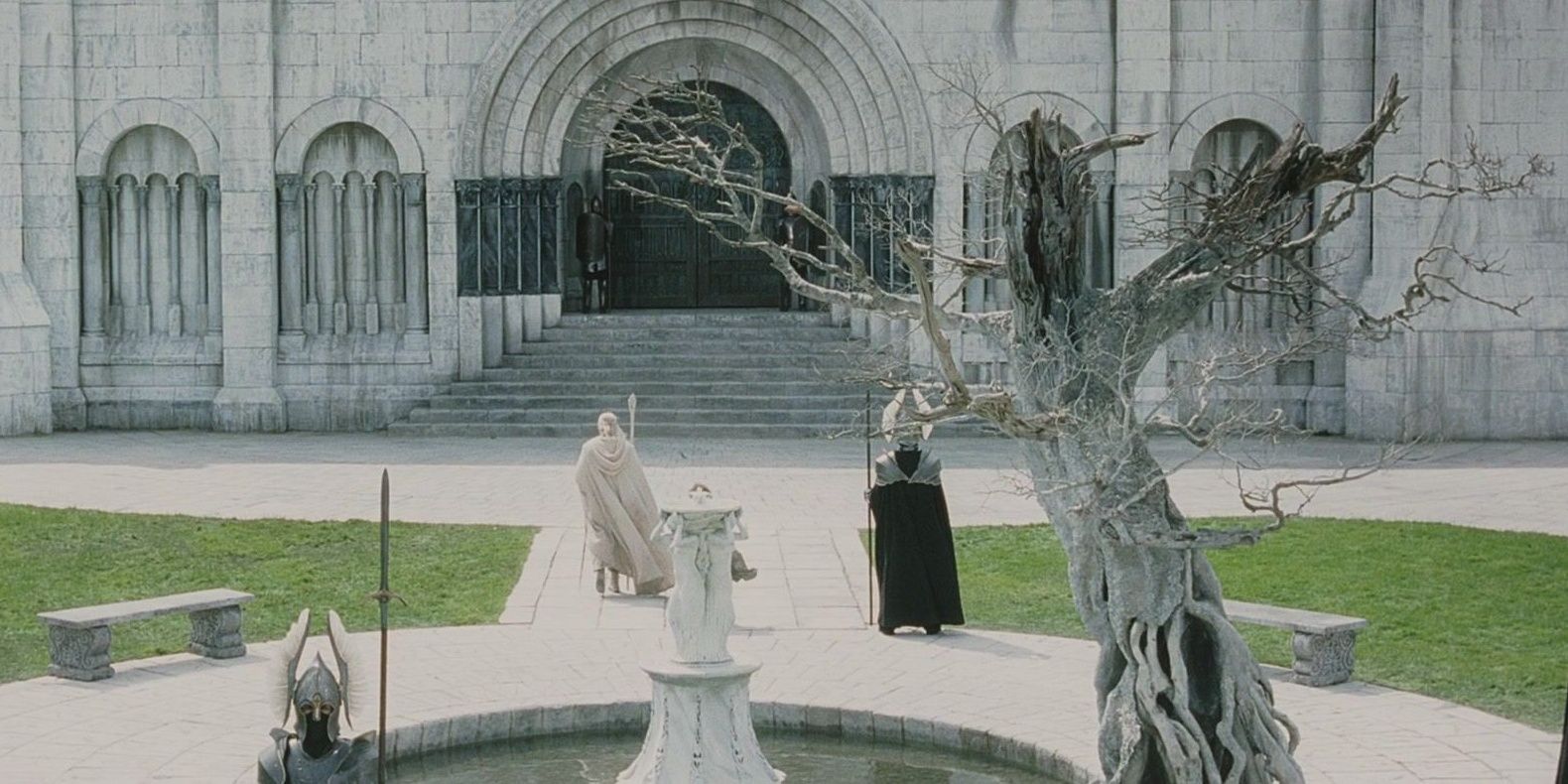
Like the Tower, the White Tree is given a brief mention in the films, but they fail to go into detail. The tree is made in the image of Talperion, which was one of the Two Trees of Valinor, and its sapling was taken from the White Tree of Númenor.
The dead tree audiences see in the film is actually the third White Tree of Gondor. The first was planted by Isildur at Minas Ithil. The second was planted by Isildur at Minas Anor. And the third sapling was planted by King Tarondor. This tree eventually died, but it was replaced by Aragorn upon his succession to the throne.
1 Its Repair
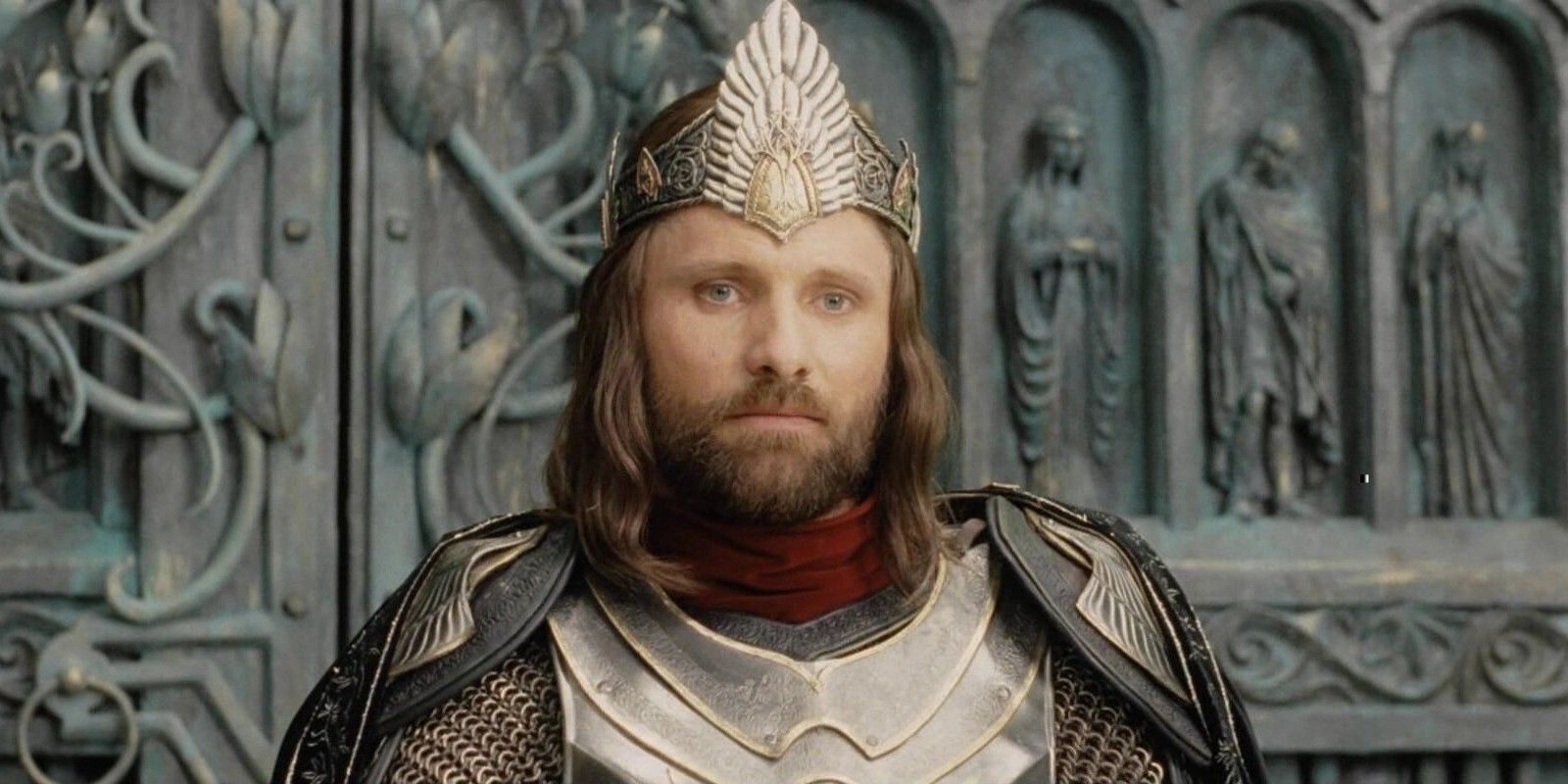
The last audiences see of Minas Tirith in the films is the crowning of Aragorn and the bowing to the Hobbits. However, the book goes into a bit more detail regarding its life after the war. The city was entirely rebuilt by both Aragorn and the Dwarves of Erebor (including Gimli).
They fixed the layout of the city and installed a new gate, as it had been torn down during the Battle of the Pelennor Fields. King Elessar (Aragorn) made the newly renovated Minas Tirith into the capital of the Reunited Kingdom.
from ScreenRant - Feed https://ift.tt/31sYfSY

No comments: